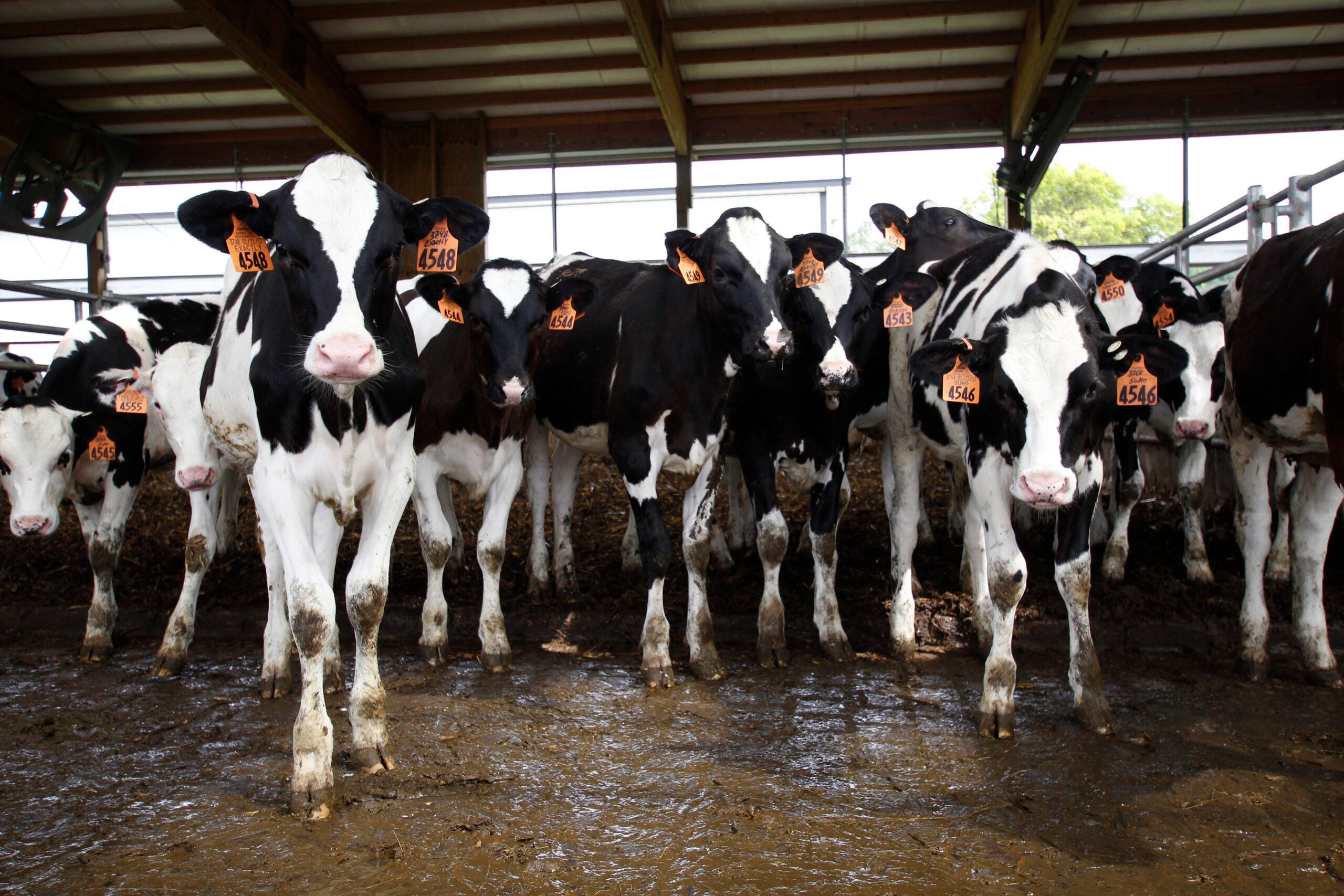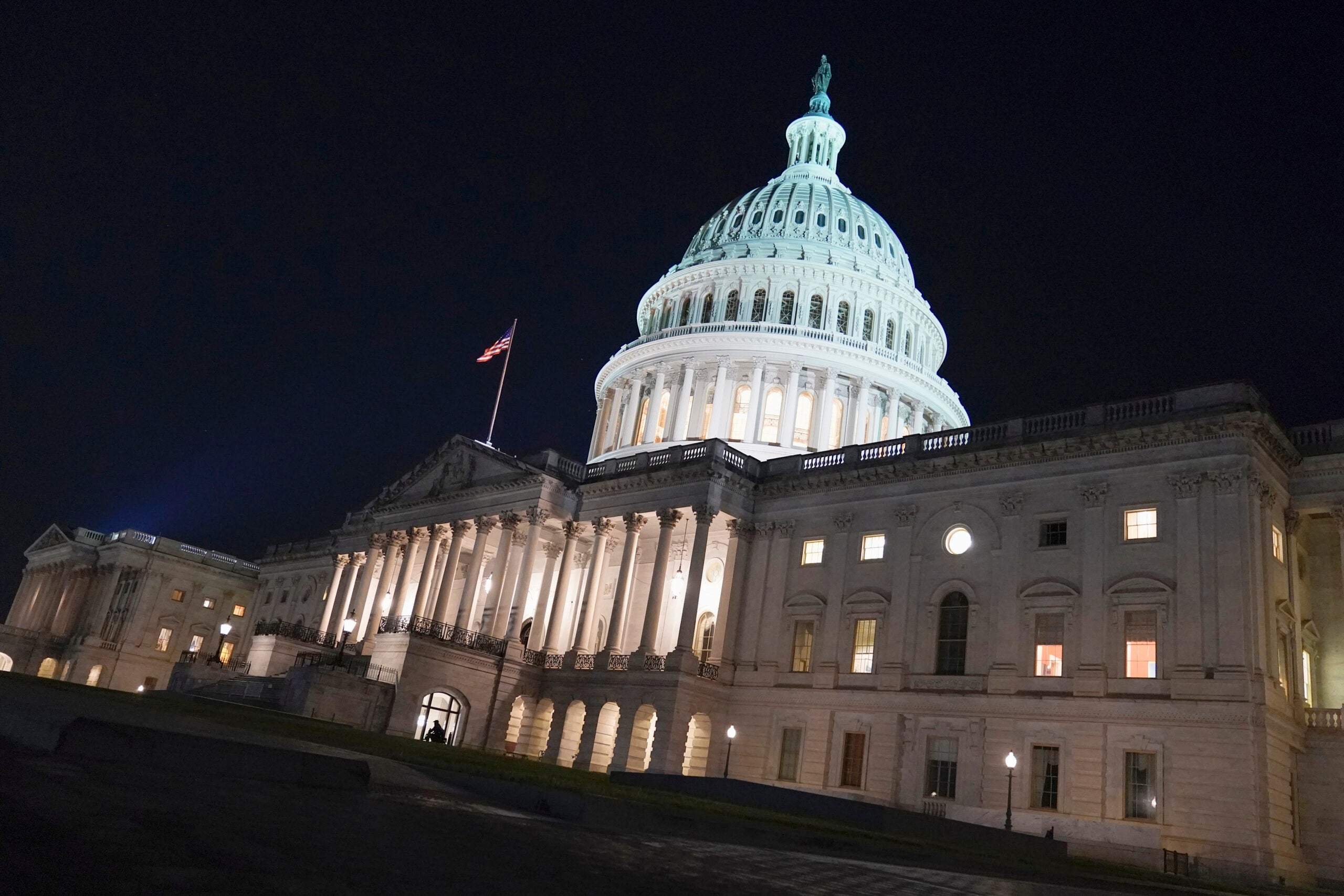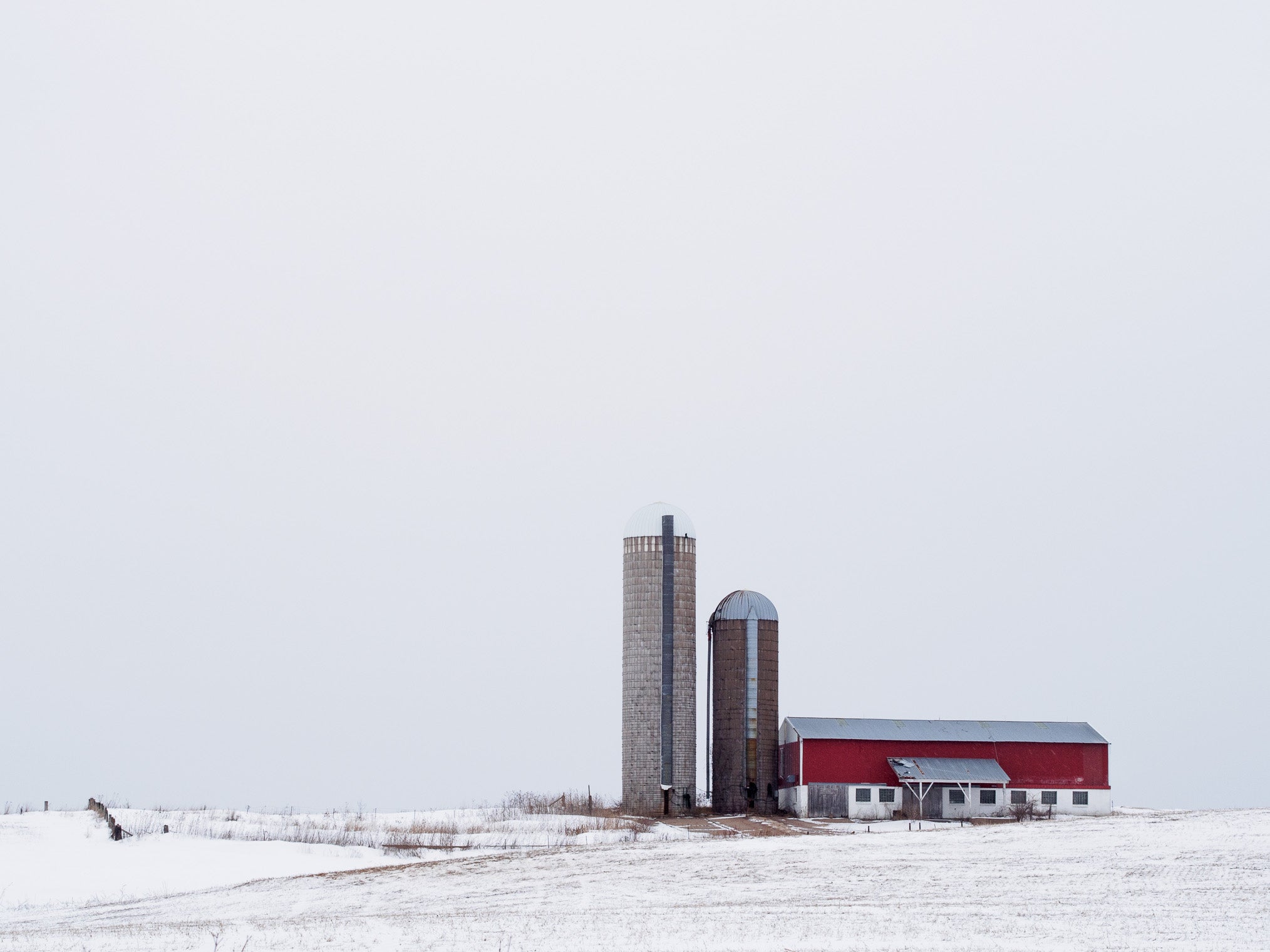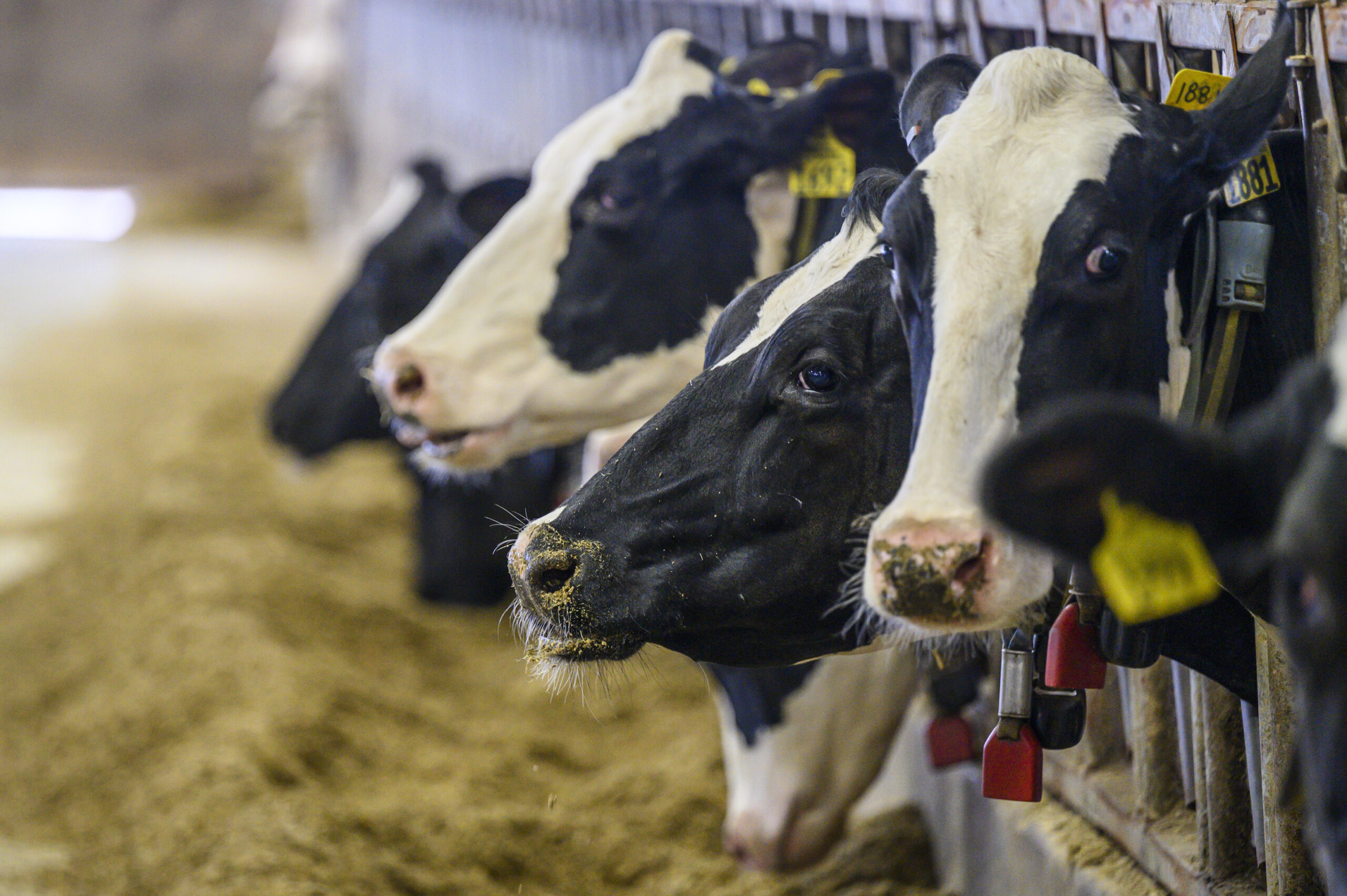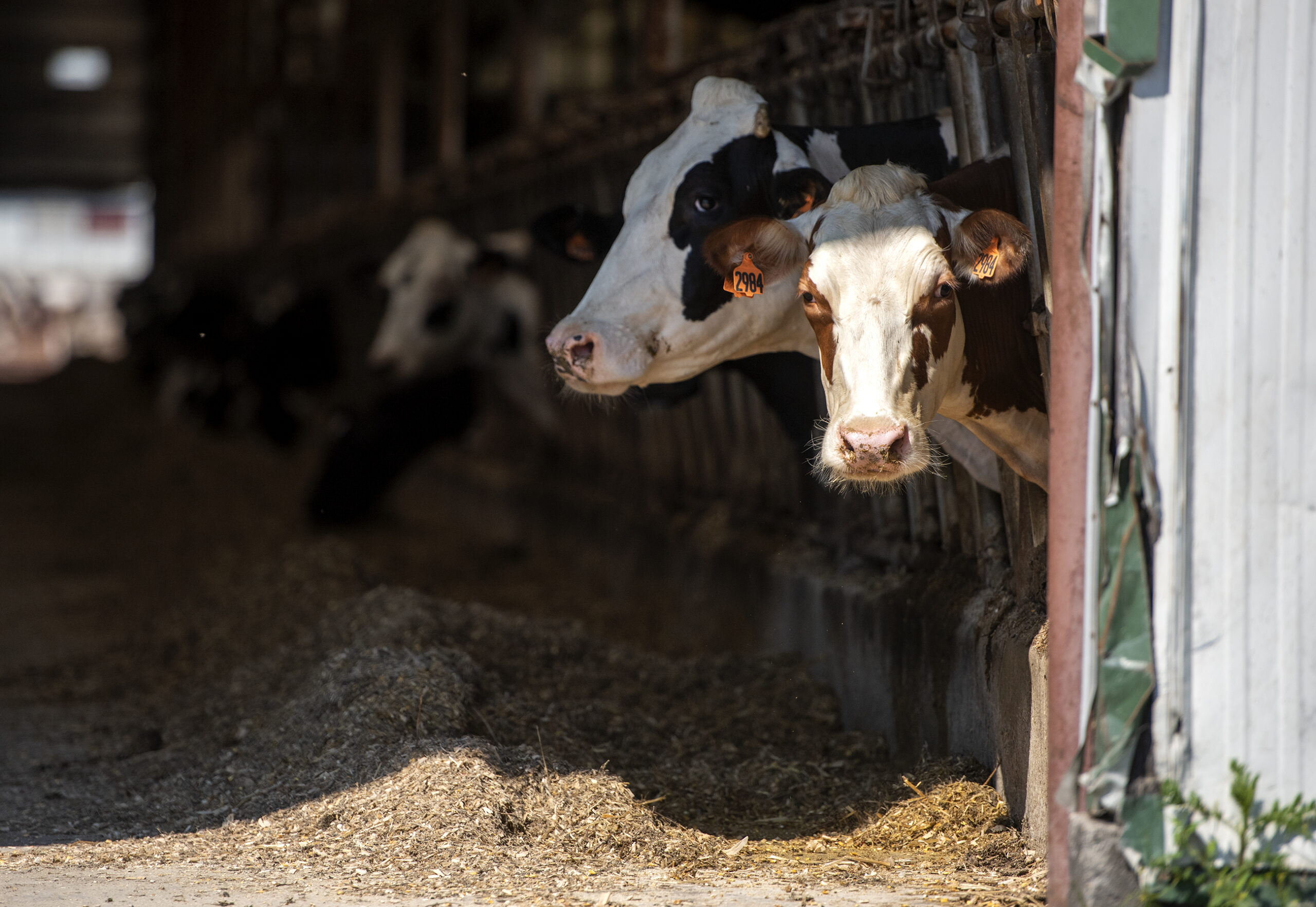Wisconsin dairy farmers could see more changes to a federal safety net program under the 2018 Farm Bill.
Republican Rep. Michael Conaway of Texas, chairman of the Agriculture Committee in the House of Representatives, released the first version of the legislation Thursday.
The proposed bill would reduce premiums paid by dairy producers for coverage under the Margin Protection Program (MPP).
Stay informed on the latest news
Sign up for WPR’s email newsletter.
Congress already reduced MPP premiums and made the program more responsive to actual milk prices in the Bipartisan Budget Act in February. Farmers have disliked the program almost since its conception because it has not provided aid to producers over the last several years of lower milk prices.
John Holevoet, director of government relations for Edge Dairy Farmer Cooperative, said it’s clear lawmakers want to continue to rebrand the unpopular program, going so far as to change its name to the Dairy Risk Management Program (DRMP).
“It’s a cosmetic change, so to speak, but I think it does matter,” Holevoet said. “It’d be hard to see a lot of people wanting to get back in on the Margin Protection Program. I’m not convinced that there will be that broad of enrollment in this program either.”
But Holevoet and other dairy analysts think lawmakers are proposing some key changes to the safety net program in the new legislation.
Large farms would have more say about how much of their milk production they want to cover under the program, therefore accessing lower costing premiums. Farmers would also be allowed to enroll milk production not covered by DRMP in the Livestock Gross Margin protection program, giving them more diverse protections against low milk prices.
“All of the things that would be changes here are likely to make this better for dairy farmers but also more expensive in terms of what it may cost Congress to fund a bill like this,” said Mark Stephenson, director of dairy policy analysis at the University of Wisconsin-Madison.
Stephenson said the legislation is just a starting point for Congress and lawmakers will likely make many changes to the bill before it even gets to the House floor. But he said Congress may be willing to spend a bit more on the program, given that dairy producers have received less federal aid than other commodities under the current farm bill.
Wisconsin Public Radio, © Copyright 2025, Board of Regents of the University of Wisconsin System and Wisconsin Educational Communications Board.

